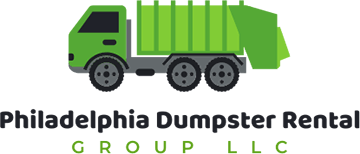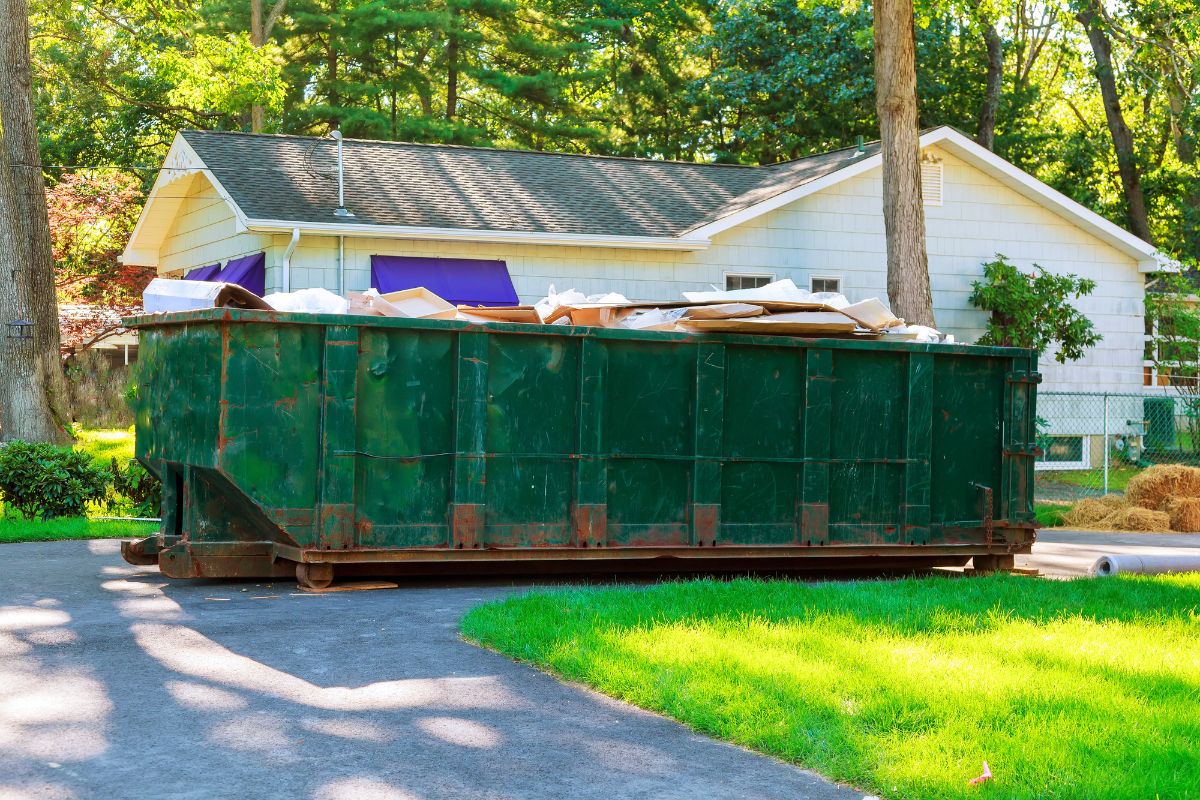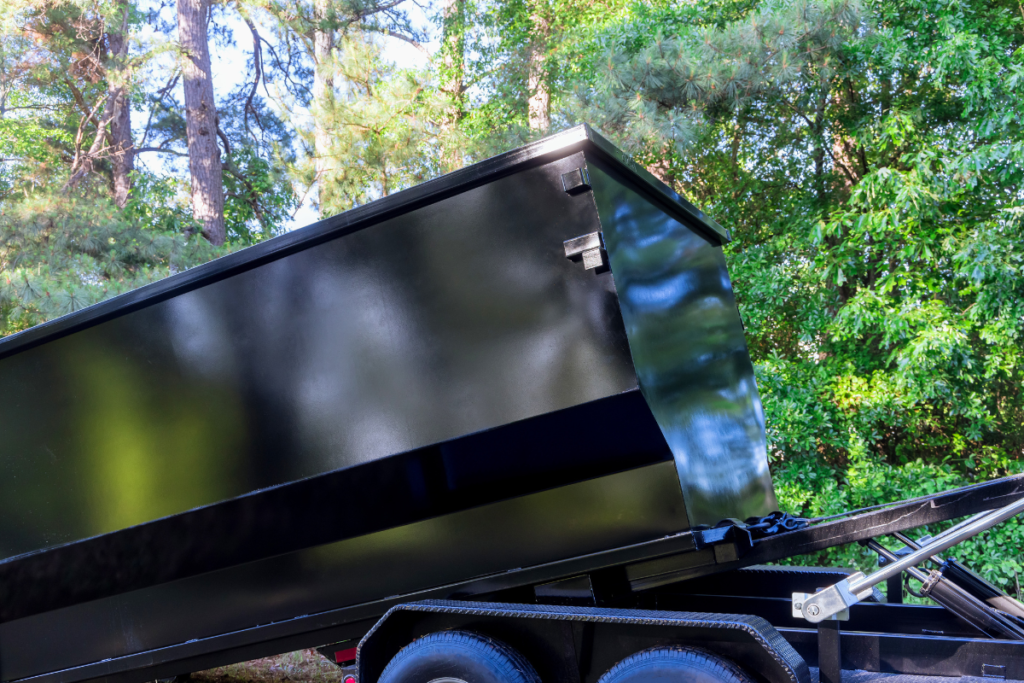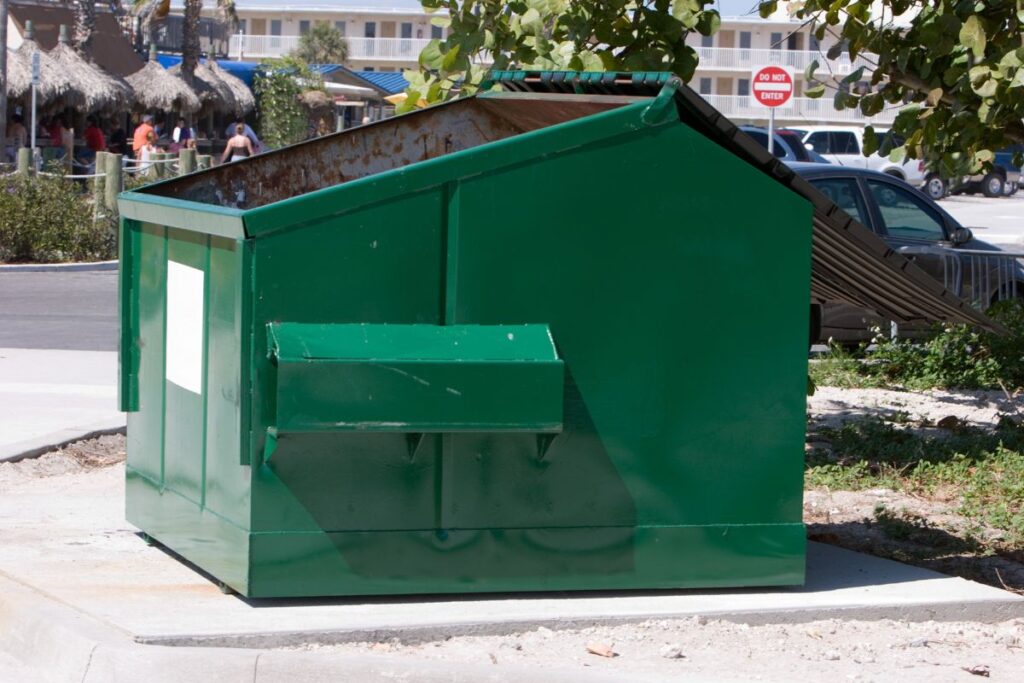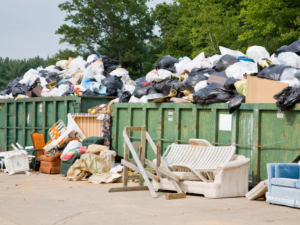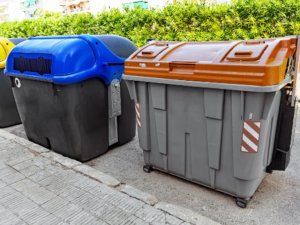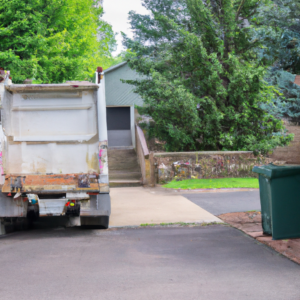
Philadelphia’s local services provide convenient options for residents, making renting a dumpster easy. This saves time and helps keep the city cleaner and more organized. By choosing the right service, residents benefit from reliable and timely waste management solutions.
Key Takeaways
- Understand Costs: Renting a dumpster in Philadelphia can vary in price; always compare rates and services to find the best deal.
- Check Permit Requirements: Verify if a permit is needed for your rental location, as Philadelphia may require one for street or sidewalk placements.
- Select the Right Type: Familiarize yourself with common dumpster types like roll-off and front-load to choose the best fit for your needs.
- Budget for US Averages: Be aware that average dumpster rental costs in the US can give you a benchmark, but local prices may differ.
- Plan Ahead: Schedule your rental in advance to ensure availability and avoid last-minute hassles.
- Consider Extra Fees: Watch out for additional charges like overage fees, late fees, or specific disposal costs to avoid unexpected expenses.
Cost to Rent Dumpster
Average Costs in Philadelphia
Dumpster rental prices in Philadelphia vary. Expect to pay between $300 and $500 for a 10-yard dumpster. A 20-yard dumpster usually costs around $400 to $600. Larger sizes, like 30 or 40 yards, can range from $500 to $800.
Different dumpster sizes cater to various needs. Smaller dumpsters are ideal for minor home projects. Larger ones suit construction sites or major cleanouts. Prices may change seasonally. During peak times, like spring and summer, rates might be higher due to increased demand.
Factors Affecting Price
The type of waste affects rental costs. Household junk is cheaper to dispose of than hazardous materials, and construction debris tends to cost more.
Rental duration significantly influences pricing. Short-term rentals are cheaper than long-term ones. Some companies offer discounts for extended periods, while others charge daily rates.
Additional fees can apply. Permit costs may be necessary if placing the dumpster on public property. Overage charges occur if the dumpster exceeds weight limits. Residents should check these details before renting.
Comparing Prices
Comparing quotes from multiple providers is essential. Prices vary among companies, so getting several estimates helps find the best deal.
Hidden fees can inflate costs unexpectedly. Always ask about potential extra charges when requesting quotes.
Both local and national rental companies have pros and cons. Local businesses often provide personalized service and flexibility. National chains may offer more competitive pricing and wider availability.
Payment Options
Most rental companies accept common payment methods like credit cards and checks. Some may also take cash or online payments.
Deposits or upfront payments might be required. This ensures the reservation of the dumpster and covers initial costs.
For larger projects, financing or installment plans could be available. This option allows payments to be spread out over time, easing financial strain.
Permit for Dumpster Rental
When Permits Are Needed
Permits are often required for dumpster rentals in Philadelphia. If the dumpster will be placed on public property like streets or sidewalks, a permit is necessary. This ensures public safety and compliance with local regulations.
Certain types of waste also require permits. Hazardous materials need special handling and disposal. Local regulations play a significant role in determining when permits are needed. Philadelphia’s Department of Licenses and Inspections sets these rules.
How to Obtain Permits
To obtain a dumpster permit in Philadelphia, residents must follow specific steps:
- Contact the Department of Licenses and Inspections.
- Fill out the required application form.
- Submit the form along with any necessary documents.
- Pay the applicable fees.
The processing time for permit approval varies. It typically takes several days to a week. Residents should plan accordingly to avoid delays.
Permit Costs
The cost of obtaining a dumpster permit in Philadelphia ranges from $50 to $150. Additional fees might apply depending on the location and duration of the rental. For example, placing a dumpster in high-traffic areas may incur extra charges.
Factors influencing permit costs include:
- The size of the dumpster
- The type of waste being disposed of
- The duration of the rental period
These factors can significantly impact the overall expense.
Permit Restrictions
Common restrictions imposed by permits include limitations on where dumpsters can be placed. Dumpsters cannot block driveways, fire hydrants, or pedestrian pathways. Usage restrictions may also apply, such as prohibiting certain types of waste.
Time constraints are another important factor. Permits usually specify how long a dumpster can remain in its location. Exceeding this duration can result in fines or additional fees.
Common Dumpster Types
Residential Dumpsters
Residential dumpsters are ideal for home cleanouts. Residents often use them for spring cleaning, moving, or small renovation projects. These dumpsters help clear out old furniture, appliances, and other household items.
Typical residential dumpster sizes range from 10 to 20 yards. A 10-yard dumpster can handle minor cleanups, while a 20-yard one suits larger projects. It’s important to choose the right size to avoid overloading.
Local regulations may restrict where residents place dumpsters. If they are placed on public property, they might need permits. Homeowners should check with local authorities to ensure compliance.
Construction Dumpsters
Construction dumpsters are essential for managing debris from building projects. They handle wood, concrete, and metal materials, ensuring construction sites stay organized and safe. If you’re looking to rent a dumpster Philadelphia offers various options to accommodate local construction needs efficiently.
Selecting the right size is crucial. A 30-yard dumpster works well for medium-sized projects, while a 40-yard dumpster suits large-scale renovations. Using the correct size prevents overflow and ensures efficient waste management.
Construction site dumpsters must meet specific requirements. They often need to be durable and capable of handling heavy loads. Proper placement is also key to maintaining site safety and accessibility.
Roll-Off Dumpsters
Roll-off dumpsters are versatile and easy to use. They have wheels that allow them to roll off trucks directly onto the site. Typical uses include large cleanups, demolition projects, and commercial waste disposal.
These dumpsters offer several benefits for large projects. They come in various sizes, usually ranging from 10 to 40 yards. The ease of delivery and pickup makes them convenient for temporary use.
Roll-off dumpsters simplify waste management. Their design allows quick loading and unloading. This feature saves time and reduces labor costs on big jobs.
Specialty Dumpsters
Specialty dumpsters cater to unique needs like hazardous waste disposal. They handle materials such as chemicals, asbestos, or electronic waste. These dumpsters ensure safe and compliant disposal practices.
Certain materials require specialty dumpsters due to their potential risks. Hazardous waste must be isolated to prevent contamination. Using the correct dumpster type protects both people and the environment.
Additional costs may apply for specialty dumpsters. Regulations often mandate specific handling procedures, which can increase expenses. Residents should budget accordingly when planning their projects.
US Dumpster Rental Cost
National Average Costs
The national average dumpster rent ranges between $300 and $500. This price varies based on size, type, and duration of the rental. Due to urban factors, these costs can be slightly higher in Philadelphia. On average, residents in Philadelphia might spend around $350 to $550 for similar services.
Notable trends show that larger dumpsters typically cost more. Areas with high disposal fees see increased rental prices. Seasonal demand also impacts pricing. For example, spring cleaning or major holidays can drive up costs.
Regional Price Differences
Regional factors significantly influence dumpster rental prices. Urban areas like Philadelphia often have higher rates than rural locations. This is due to increased disposal fees, higher demand, and logistical challenges.
In contrast, rural areas may offer lower prices due to reduced competition and fewer disposal regulations. However, transportation costs can offset these savings. Economic factors such as local taxes and landfill fees also affect pricing. Areas with stricter waste management policies tend to have higher rental costs.
Rental Duration Impact
The length of the rental period directly impacts the overall cost. Short-term rentals typically range from one day to one week. Longer rentals, such as monthly agreements, often come with discounts. For instance, a one-week rental might cost $350, while a month-long rental could be around $800.
Planning the rental duration is crucial to avoid extra fees. Extending the rental period without prior arrangement can lead to daily overage charges. Residents should carefully assess their project timeline to choose an appropriate rental period.
Size and Type Influence
Dumpster size is a significant factor in determining rental costs. Smaller dumpsters (10-yard) are cheaper than larger ones (40-yard). A 10-yard dumpster might cost around $300, while a 40-yard could exceed $600.
Different types of dumpsters also have varying costs. Roll-off dumpsters are commonly used for construction projects and are more expensive than smaller residential dumpsters. Specialized dumpsters for hazardous waste or recyclables may incur additional charges.
Choosing the right size and type is essential for specific needs. Overestimating size can lead to unnecessary expenses, while underestimating can result in additional trips and fees. Residents should evaluate their waste volume and type before making a decision.
Summary
Renting a dumpster in Philadelphia can be straightforward if residents understand costs, permits, and types available. They can save money by knowing what affects rental prices. Permits might be required based on location, so checking local regulations is crucial. Knowing the common dumpster types helps in picking the right one for their needs.
Residents should take advantage of this knowledge to make informed decisions and avoid unnecessary expenses. Ready to rent a dumpster? Contact local providers today to find the best deal and ensure a smooth project experience.
Frequently Asked Questions
How much does it cost to rent a dumpster in Philadelphia?
Dumpster rental costs in Philadelphia vary. On average, expect to pay between $300 and $600. Prices depend on size and rental duration.
Do I need a permit to rent a dumpster in Philadelphia?
A permit is usually required if the dumpster is placed on public property. Check with the local Philadelphia authorities for specific regulations.
What are the common types of dumpsters available for rent?
Common types include roll-off, front-load, and rear-load dumpsters. Each serves different needs, from residential cleanouts to commercial projects with Philadelphia Dumpster Rental Group LLC.
How much does a US dumpster rental typically cost?
In the US, dumpster rentals generally cost between $200 and $800. Costs depend on location, size, and rental period.
Can I rent a dumpster for just one day in Philadelphia?
Yes, many companies offer daily rentals. However, check with the provider as minimum rental periods may apply.
What size dumpster should I rent for a home renovation project?
For home renovations, a 20-yard dumpster is often ideal. It accommodates most debris without taking up too much space.
Are there items I cannot dispose of in a rented dumpster?
Yes, prohibited items include hazardous waste, electronics, tires, and certain chemicals. Always confirm with the rental company for specific restrictions.
